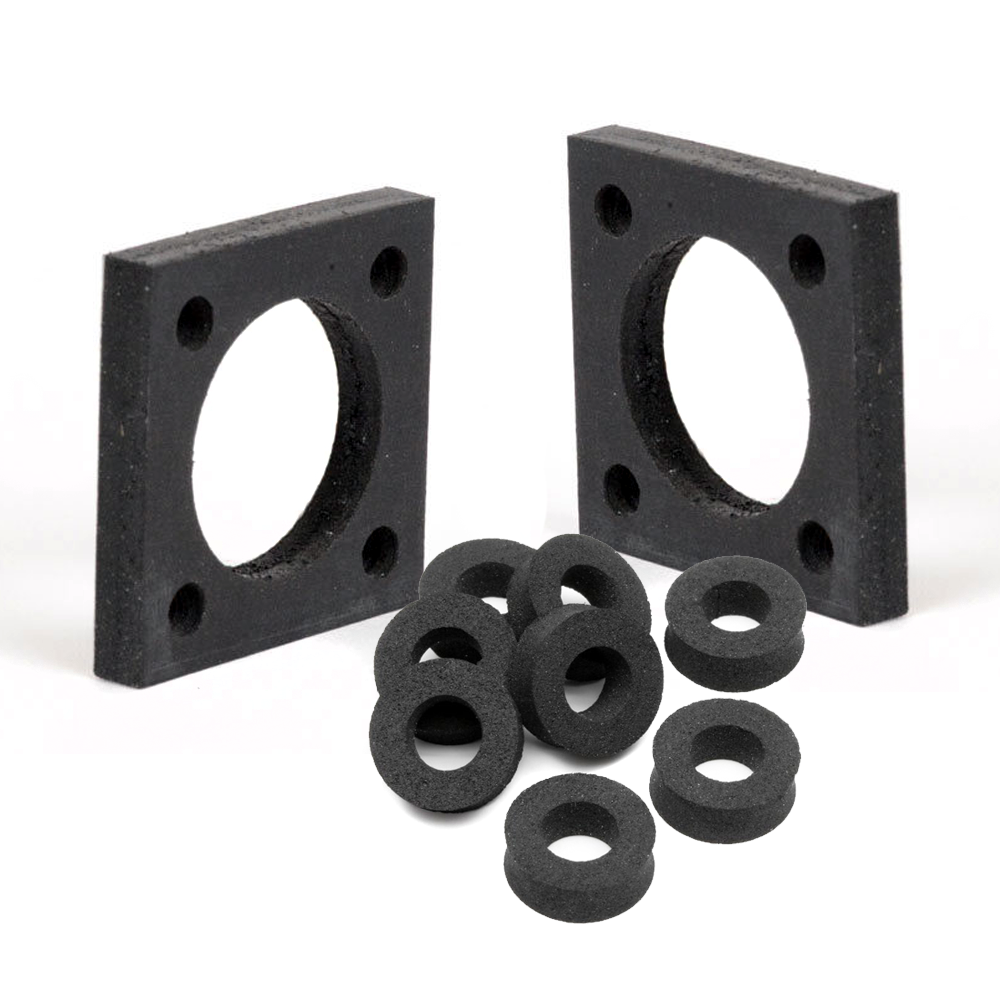21
2024
-
07
All You Need to Know About Automotive Oil Seals
Introduction
Automotive oil seals are essential components in the automotive engine system, playing a crucial role in preventing oil leaks and maintaining optimal engine performance. These seals are designed to withstand high temperatures, pressure, and rotational speeds, ensuring that the engine functions smoothly and efficiently.

One key function of automotive oil seals is to prevent oil from leaking out of the engine. By creating a tight seal between moving parts, such as the crankshaft and camshaft, oil seals help to contain the lubricating oil within the engine, preventing it from leaking out and causing damage to other components.
In addition to preventing oil leaks, automotive oil seals also help to keep contaminants out of the engine. Dust, dirt, and other particles can cause damage to the engine if they enter the lubrication system. Oil seals act as a barrier, keeping these contaminants out and ensuring that the engine remains clean and well-lubricated.
When it comes to choosing the right automotive oil seals, it is important to consider factors such as material, design, and compatibility with the engine system. High-quality seals made from durable materials, such as rubber or silicone, are essential for ensuring long-lasting performance and reliability.
Regular maintenance and inspection of automotive oil seals are also important to ensure that they are functioning properly. Signs of a faulty oil seal include oil leaks, engine overheating, and excessive oil consumption. If any of these issues are noticed, it is crucial to replace the oil seals promptly to avoid further damage to the engine.
In conclusion, automotive oil seals are vital components in the automotive engine system, helping to prevent oil leaks and maintain optimal engine performance. By understanding the importance of these seals and ensuring proper maintenance, drivers can keep their engines running smoothly and efficiently for years to come.
More News


